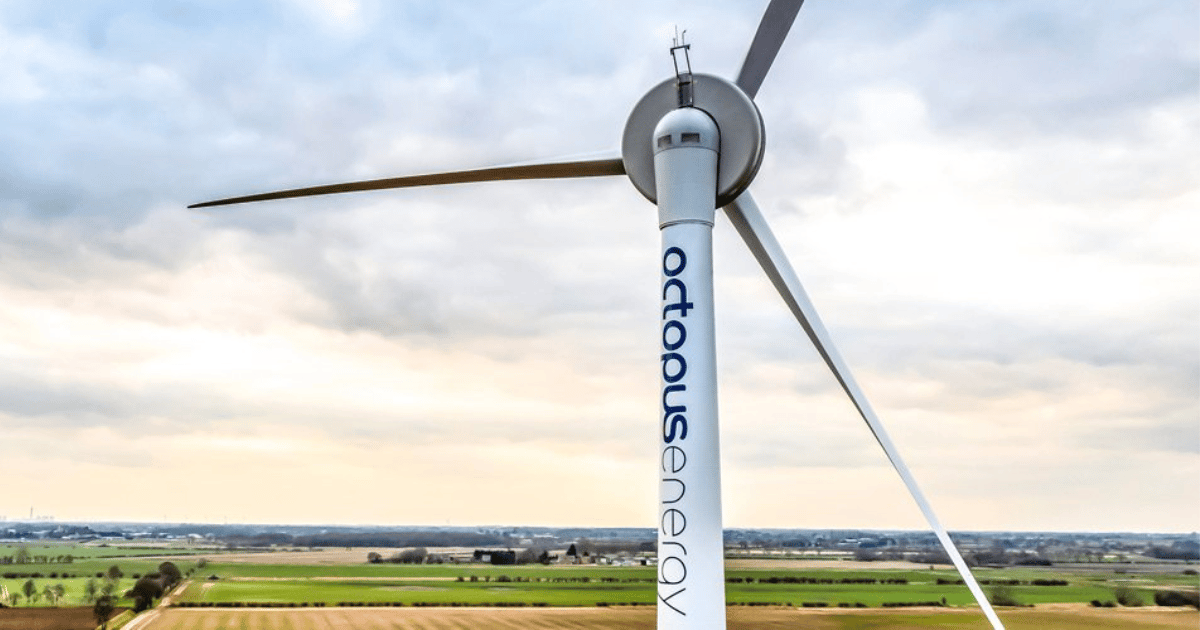- Renewables Rising
- Posts
- Private equity steps up renewables investments
Private equity steps up renewables investments

From the newsletter
Since the start of the year, African renewables has welcomed a new fund each month. In June, the UK-based renewables company Octopus Energy launched its first Africa-focused renewables entity, starting with $60 million and targeting $250 million over three years. Among the funds launched this year, this is the smallest by capital with just 10% of the largest.
The analysis is based on data collected by Renewables Rising. Private equity funds are increasing their presence in African renewables, and so far, they have launched funds totalling more than $1 billion in 2025. This is expected to diversify funding sources and bring private sector efficiency and innovation.
Despite the progress made by the private sector, traditional lenders, such as multilateral banks and development finance institutions, continue to dominate. In June, the World Bank provided $1.5 billion to South Africa in a single deal.
More details
Africa's energy sector is increasingly attractive, with improved energy policy frameworks fostering substantial investment in renewable power solutions. Various funders, including international financial institutions, development banks, and private sector players, are all seeking opportunities within this growing sector.
One significant project announced in June underscores the scale of these new investments. US-based firm Hydrolink and the Australian Mitrelli Group are set to invest $1.5 billion in a new transmission line connecting Angola to the Democratic Republic of Congo. This marks one of the largest single investments in a transmission project ever. This increased interest is partly thanks to a recently signed peace deal between the Democratic Republic of Congo and Rwanda, which is attracting more US companies to the mineral-rich region, with further investments expected as the peace deal progresses.
Another key funder in the sector is Anzana Electric, a US company which announced last month that it plans to acquire about 10% of shares in the $760 million Ruzizi III hydropower project. This project is strategically located on the border of Congo, Burundi, and Rwanda. Anzana Electric isn't new to the region; they previously invested around $41 million in Burundi to develop 10 MW of run-of-river hydropower.
Traditional lending institutions are also maintaining strong investment trends. The European Union, for instance, has seen its portfolio exceed $5 billion since the beginning of the year. In June alone, the EU announced plans to provide at least $350 million in new funding. Through its Global Gateway strategy, it's investing $322 million in Northern Nigeria, specifically targeting renewable energy and other crucial sectors. The EU is also co-funding the Salone Off-grid Renewable Energy Acceleration Initiative (SOGREA) in Sierra Leone with $26 million, aiming to electrify 60 rural communities with solar mini-grids.
The African Development Bank (AfDB) continues to be a vital pillar of Africa's energy development, contributing over $200 million last month. This includes an $184.1 million package for Egypt's Obelisk Solar Project, which is set to become Africa's largest solar power plant with a 1 GW capacity and 200 MWh battery storage. Additionally, the AfDB provided a $23 million financing package for Cabo Verde to expand wind power generation and battery energy storage systems. The bank is further increasing its funding through the "Mission 300" initiative, a joint effort with the World Bank.
Private investment firms are also making significant contributions. Jaltech, an investment firm specialising in structured solutions for high-impact sectors, provided $27.8 million to Wetility, a solar subscription startup in South Africa. This partnership is expected to add over 16 MW of distributed solar capacity in a market that still faces the risk of load shedding.
Our take
The sector's growing attraction to different funders is welcome. But money alone isn't enough. African nations require strengthened regulatory bodies, streamlined permitting processes, and enhanced technical capacity within government utilities to manage complex projects. With increased cross-country power deals, harmonised policies could further de-risk cross-border investments and unlock greater scale.
Political stability is a major factor that significantly influences investment decisions. Peace and transparent governance, which provide stable policies, are often more impactful than even financial incentives in unlocking large-scale private capital. Recent deals in the DRC serve as strong proof of this.
Africa should not just look to attract foreign investors, but should strategically target institutional investors such as pension funds and insurance companies. This way, the profits can be reinvested domestically, instead of being repatriated to foreign shores.